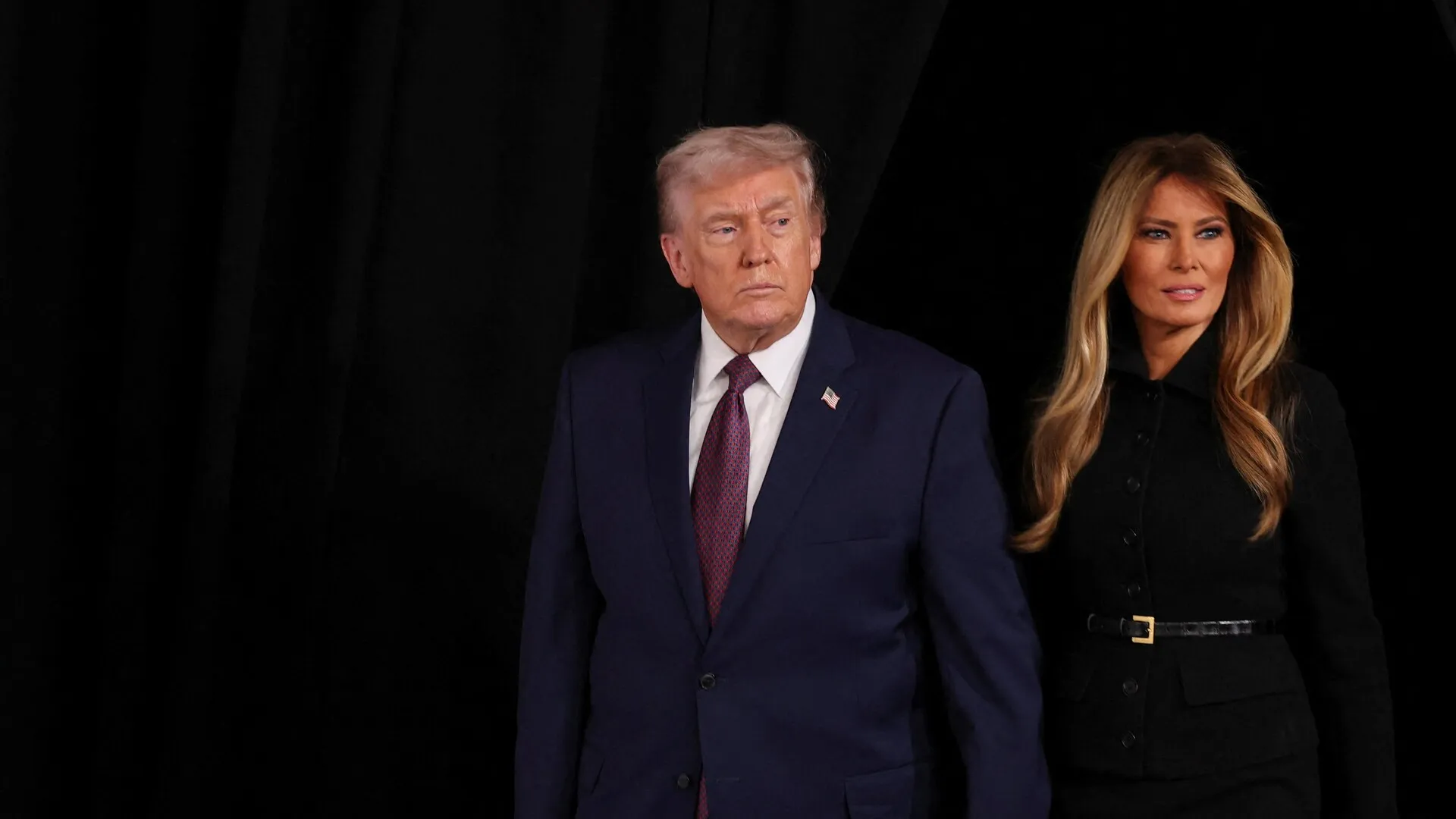Trump says speaking to Iran amid rising war fears | Conflict
President Donald Trump says he is speaking to Iran’s leadership amid a significant US military build-up in the Middle East, as regional leaders push for diplomacy to avoid a new conflict.
Published On 30 Jan 2026
